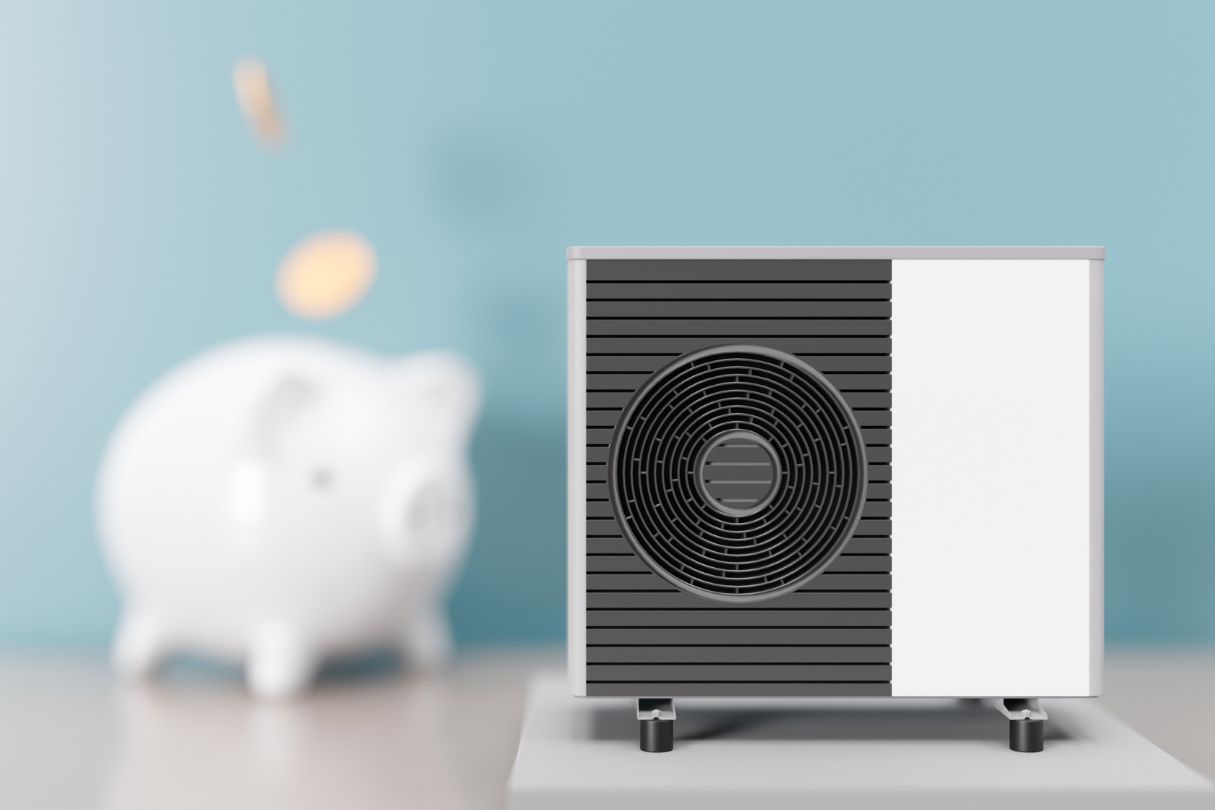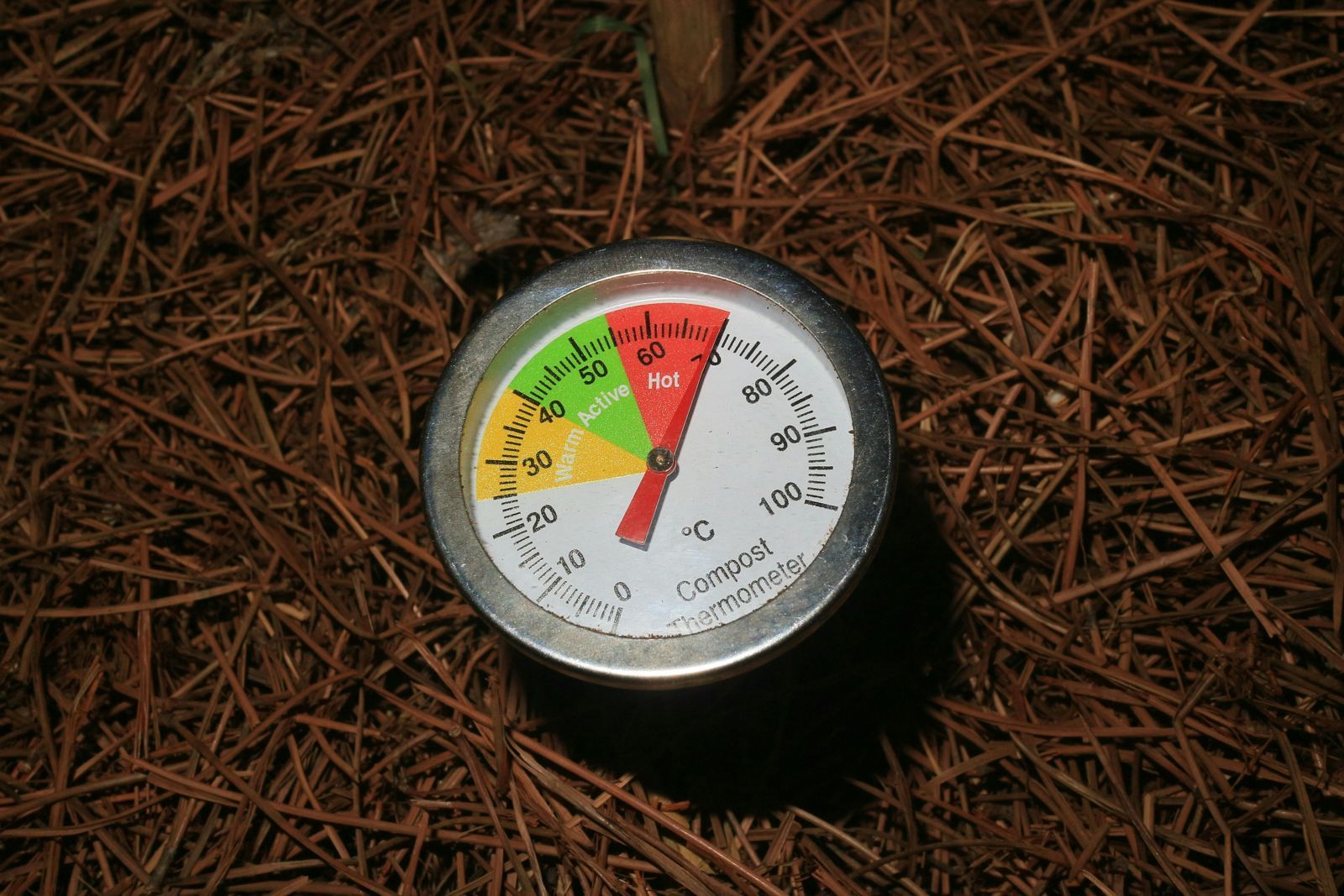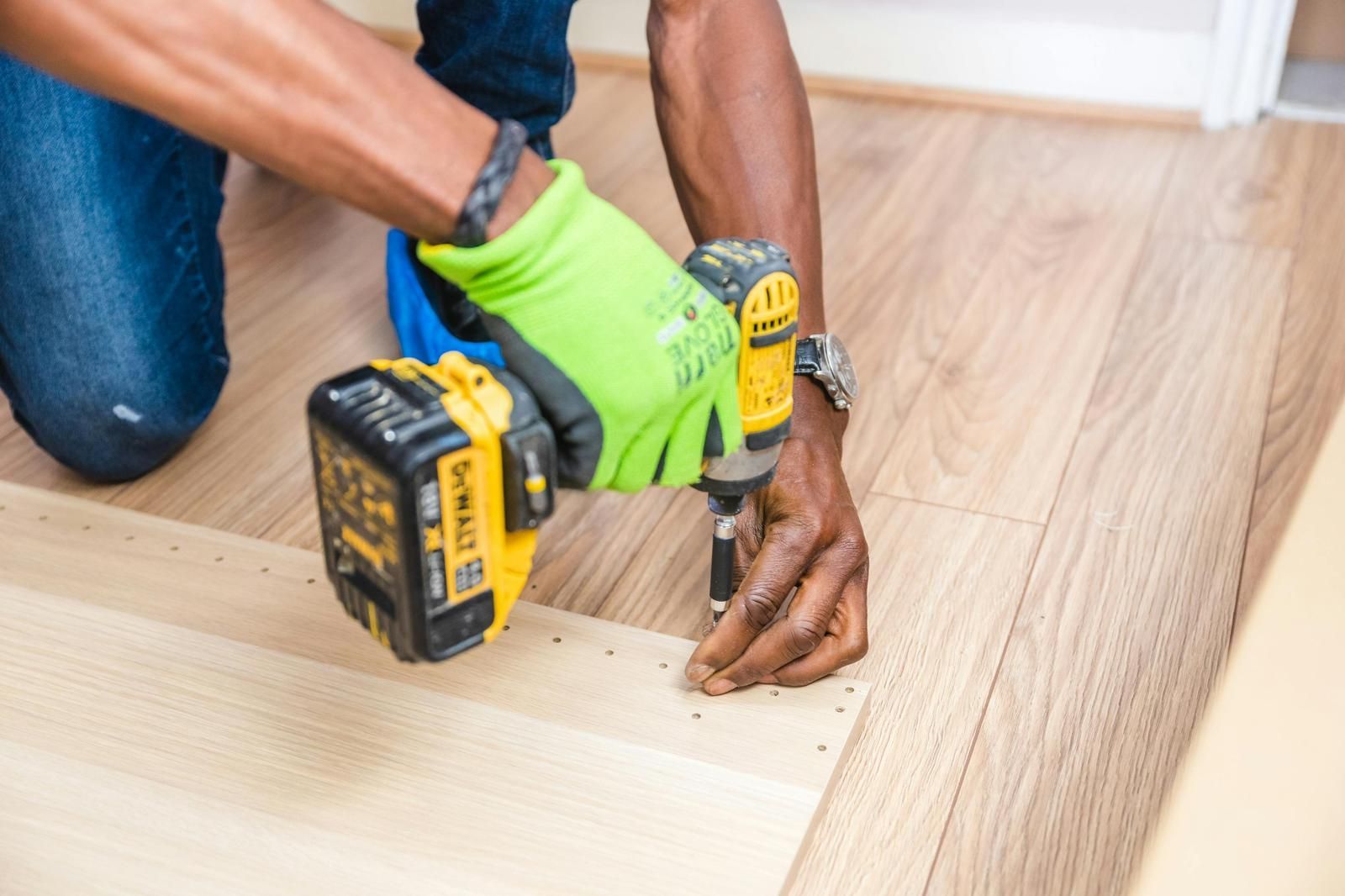Expert Troubleshooting Tips for Air Source Heat Pump Compressors

Air source heat pumps are excellent energy-efficient heat pump solutions for home heating and cooling. However, like any complex system, they can encounter issues. This compressor troubleshooting guide focuses on common heat pump compressor issues and how to address them effectively.
Issue: Unusual Noise
One of the most frequent problems homeowners face is unusual noise.
Compressor noise solutions often start with identifying the type of sound. A rattling noise might indicate loose hardware, while a screeching sound could suggest bearing problems. Tightening loose parts or lubricating bearings can often resolve these issues.
Issue: Efficiency Problems
Heat pump efficiency problems often stem from inadequate
air source heat pump maintenance. Regular cleaning of the outdoor unit, ensuring proper airflow, and changing filters can significantly improve performance. If you notice decreased efficiency despite routine maintenance, it might be time for professional
HVAC system diagnostics.
Issue: Compressor Short Cycling
Another common issue is
compressor short cycling. This occurs when the compressor turns on and off frequently, reducing efficiency and potentially damaging the system.
Compressor short cycling fixes may include checking for correct thermostat settings, ensuring proper refrigerant levels, or addressing issues with the compressor's electrical components.
Issue: Refrigerant Leakage
Refrigerant leak detection is also crucial for maintaining your heat pump's performance. Signs of a refrigerant leak include decreased cooling efficiency, ice formation on the evaporator coil, or hissing sounds near the refrigerant lines.
Contact a professional for accurate detection and repair if you suspect a leak.
Issue: Start Capacitor Failure
Heat pump start capacitor failure can prevent your compressor from starting. Signs of this issue include a humming sound when the system tries to start or the compressor failing to run at all. Replacing a faulty start capacitor is typically a job for a qualified technician.
While homeowners can perform some troubleshooting steps, many
heat pump compressor issues require professional intervention. Regular maintenance by a qualified technician can prevent many problems and ensure your system operates efficiently.
Always choose certified professionals who specialise in your specific heat pump model when seeking energy-efficient heat pump repair. They can provide accurate diagnostics and implement the most effective solutions, potentially saving you money in the long run.
By staying vigilant and addressing issues promptly, you can ensure your air source heat pump continues to provide efficient heating and cooling for your home. Regular maintenance, combined with timely troubleshooting, will help maximise the lifespan and performance of your system.
You might also like











